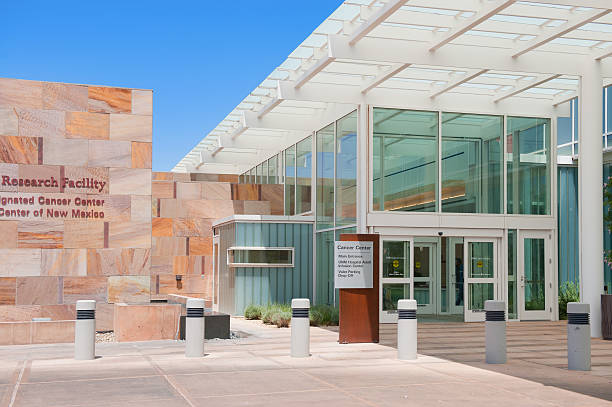Functional Benefits of Metal Awning Structures
When it comes to enhancing commercial spaces, aesthetics often take center stage. However, in addition to adding visual appeal, it’s essential to consider the functional benefits that architectural elements bring to a space. Metal awnings, with their sleek lines and modern designs, not only elevate the look of a building but also offer a range of practical advantages. In this article, we’ll delve into the functional benefits of metal awning structures beyond their aesthetic appeal, highlighting how they contribute to increased usability, energy efficiency, and overall functionality of commercial spaces.
Providing Shelter and Protection
One of the primary functions of metal awning structures is to provide shelter and protection from the elements. Whether it’s shielding outdoor seating areas from harsh sunlight or keeping entranceways dry during rainy weather, metal awnings offer a reliable solution for creating comfortable and functional spaces. Unlike temporary solutions such as umbrellas or canopies, metal awnings are durable and built to withstand adverse weather conditions, ensuring long-lasting protection for building occupants, customers, and outdoor furnishings.
Extending Usable Space
Metal awning structures effectively extend usable space, allowing businesses to maximize the functionality of their outdoor areas. By providing shade and shelter, awnings create comfortable environments that encourage people to linger and engage with the space. Whether it’s a café expanding its seating capacity onto a shaded patio or a retail store showcasing merchandise in an outdoor display area, metal awning structures enable businesses to capitalize on outdoor space and enhance the overall customer experience.
Regulating Indoor Temperatures
Metal awning structures play a significant role in regulating indoor temperatures and reducing energy consumption within commercial buildings. By blocking direct sunlight from entering through windows and doors, awnings help prevent solar heat gain, thereby reducing the need for excessive air conditioning during hot summer months. This not only leads to cost savings on energy bills but also creates a more comfortable indoor environment for occupants. Additionally, by minimizing temperature fluctuations, awnings contribute to maintaining consistent indoor conditions, enhancing occupant comfort and productivity.
Enhancing Energy Efficiency
In addition to regulating indoor temperatures, metal awning structures contribute to overall energy efficiency for commercial buildings. By reducing the reliance on mechanical cooling systems, awnings help lower energy consumption and greenhouse gas emissions, aligning with sustainable building practices and environmental goals. Moreover, by shading windows and doors, awnings reduce solar heat gain and glare, allowing for better control of natural light levels and reducing the need for artificial lighting during daylight hours. This not only saves energy but also creates a more visually comfortable and productive indoor environment for building occupants.
Protecting Against UV Radiation
Metal awning structures provide protection against harmful UV radiation, helping to safeguard occupants and interior furnishings from sun damage. By blocking UV rays from entering through windows and doors, awnings reduce the risk of skin cancer and eye damage for building occupants exposed to natural light. Additionally, by minimizing UV exposure, awnings help prevent fading and deterioration of interior finishes, furnishings, and merchandise, prolonging their lifespan and reducing the need for premature replacement. This not only saves money but also contributes to a healthier and more sustainable indoor environment.
Conclusion
In conclusion, metal awning structures offer a range of functional benefits that extend beyond their aesthetic appeal. From providing shelter and protection to extending usable space and enhancing energy efficiency, awnings play a crucial role in optimizing the functionality and comfort of commercial spaces. By investing in metal awning structures, businesses can create inviting outdoor environments, regulate indoor temperatures, and reduce energy consumption, ultimately enhancing the overall experience for building occupants and customers alike. With their durability, versatility, and practical advantages, metal awning structures are an essential element of modern commercial architecture, contributing to improved functionality, sustainability, and occupant well-being.

